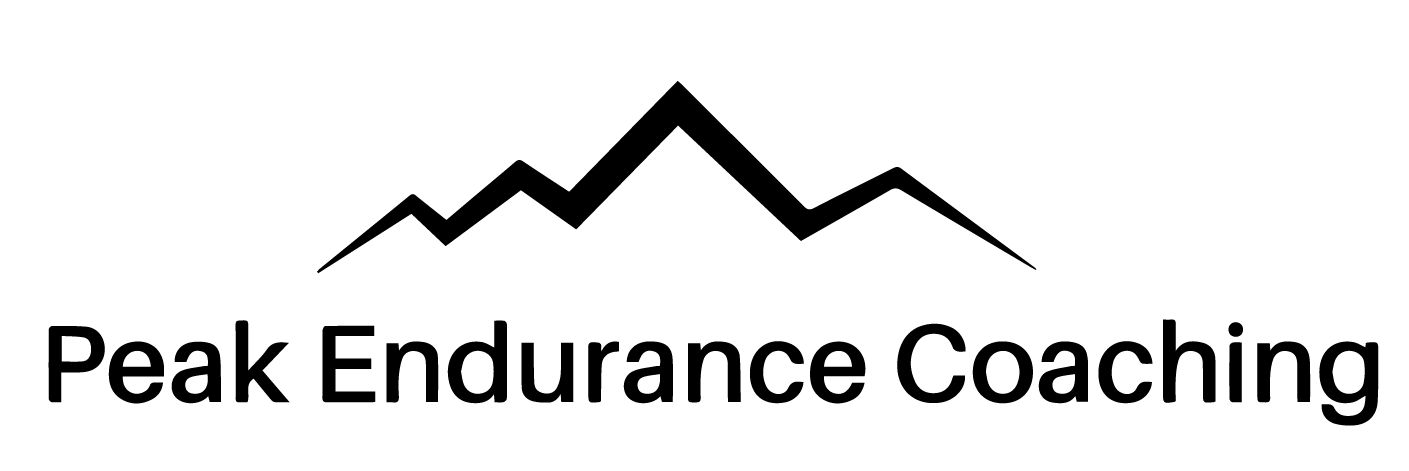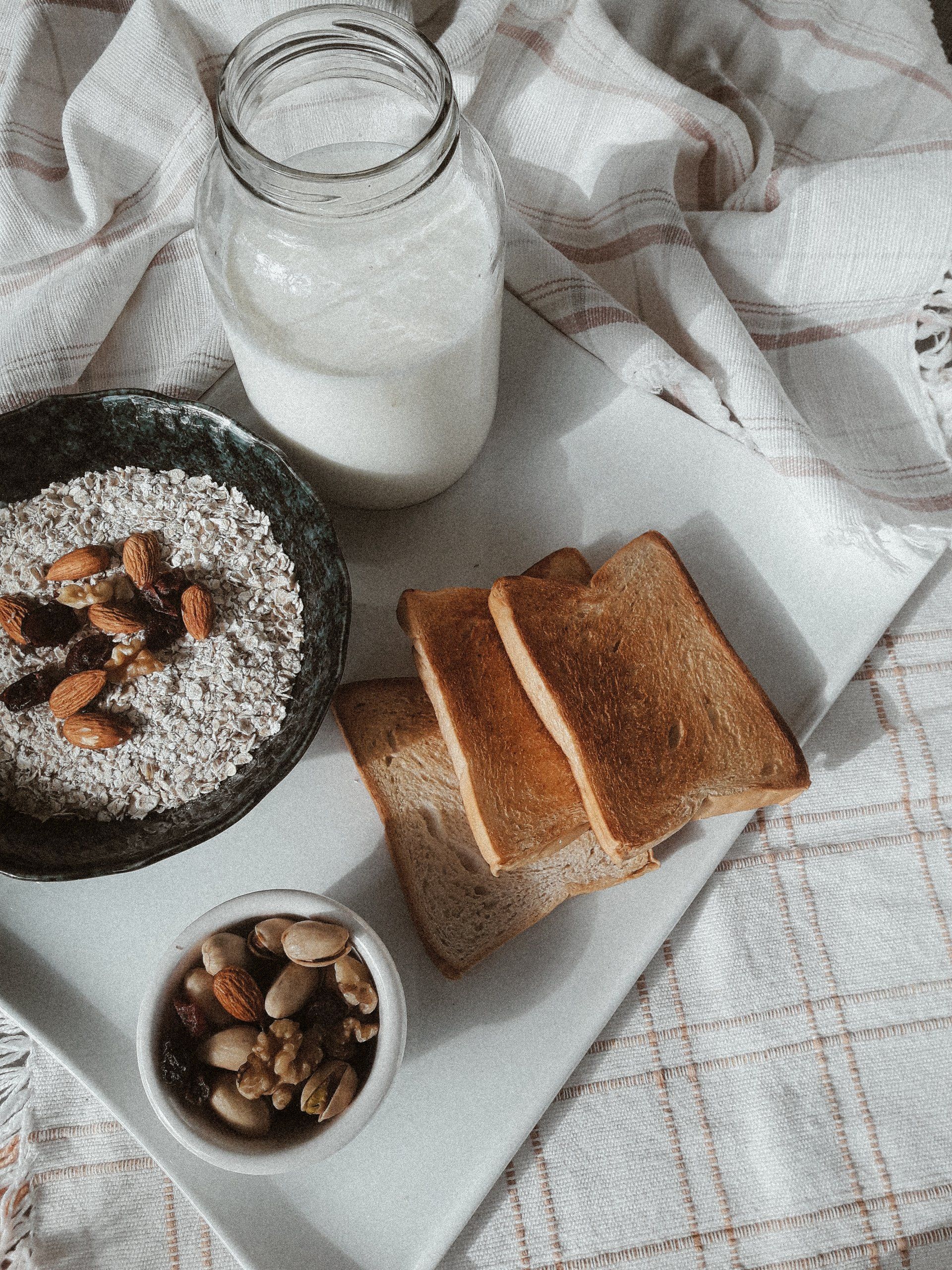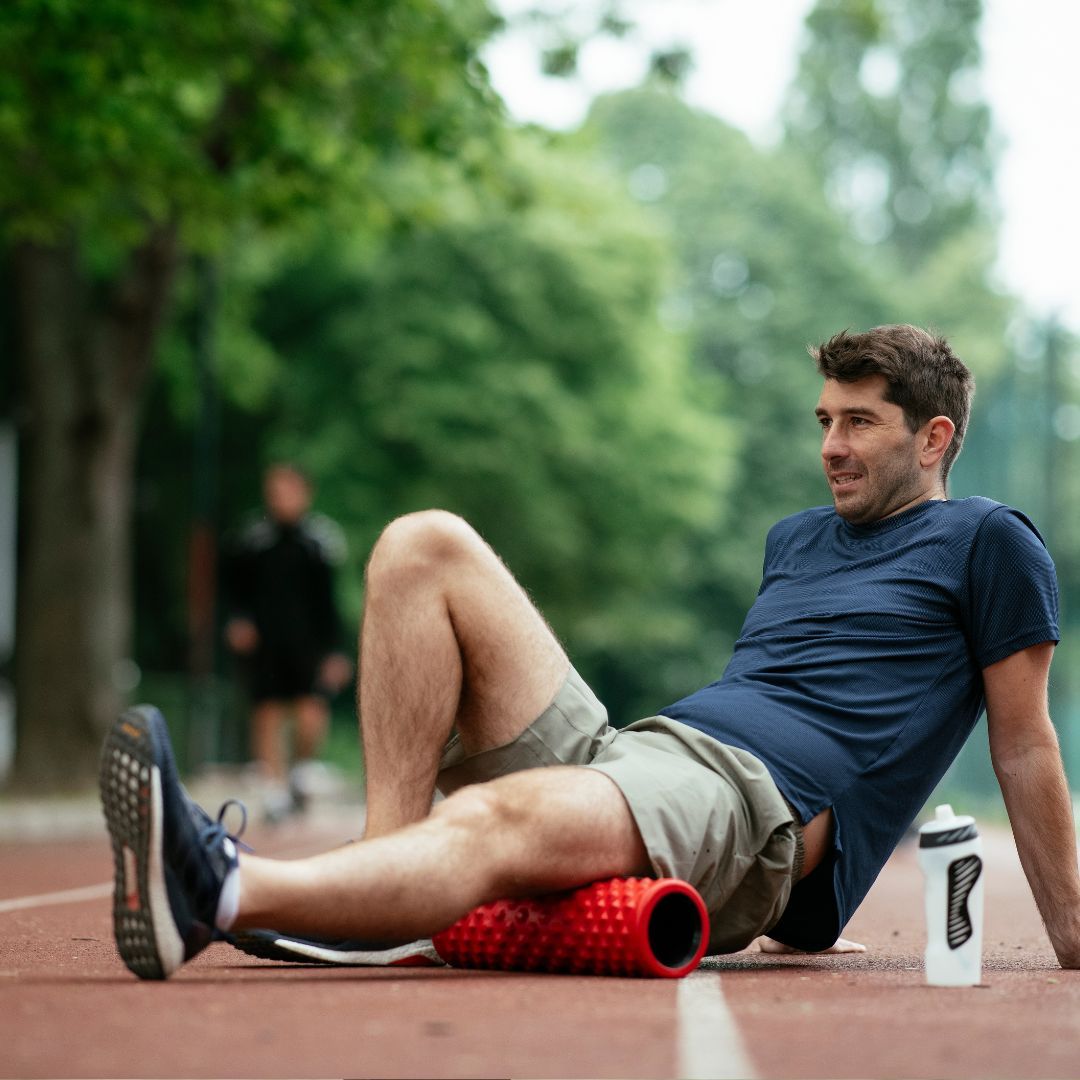Supplements for Athletes: A Comprehensive Guide
A Comprehensive Guide to Vitamins, Minerals, and Ergogenic Aids for Performance Enhancement and Recovery.

In the world of sports, fitness and running, athletes are always looking for ways to improve their performance and recovery. One popular approach is through the use of supplements. This comprehensive guide will explore various vitamins, minerals, and ergogenic aids that can help athletes enhance their performance and recovery.
Vitamins and Minerals
Vitamins and minerals play crucial roles in maintaining overall health and supporting athletic performance. Here are some essential vitamins and minerals for athletes:
- Vitamin D: Vitamin D is essential for bone health, immune function, and muscle function. It also plays a role in calcium absorption and can help reduce inflammation. Athletes with low vitamin D levels may experience impaired muscle function and an increased risk of stress fractures. Sources of vitamin D include sunlight exposure, fatty fish, and fortified foods.
- B Vitamins: B vitamins, including B1 (thiamine), B2 (riboflavin), B3 (niacin), B5 (pantothenic acid), B6 (pyridoxine), B7 (biotin), B9 (folate), and B12 (cobalamin), play vital roles in energy production, red blood cell formation, and tissue repair. Athletes with deficiencies in B vitamins may experience reduced performance and increased fatigue. B vitamins can be found in a variety of foods, including whole grains, lean meats, eggs, and leafy green vegetables.
- Iron: Iron is crucial for oxygen transport and energy production in the body. Athletes, particularly endurance athletes and females, may be at risk for iron deficiency, which can lead to anaemia, reduced performance, and increased fatigue. Good sources of iron include red meat, poultry, fish, fortified cereals, and legumes.
- Magnesium: Magnesium is essential for muscle and nerve function, energy production, and bone health. Athletes with low magnesium levels may experience muscle cramps, weakness, and fatigue. Magnesium can be found in nuts, seeds, whole grains, and leafy green vegetables.
- Calcium: Calcium is vital for maintaining bone health and supporting muscle function. Athletes, particularly those involved in high-impact sports (which includes running!), need adequate calcium to reduce the risk of stress fractures and maintain strong bones. Calcium can be found in dairy products, fortified foods, and leafy green vegetables.
Ergogenic Aids
Ergogenic aids are substances that can enhance athletic performance and recovery. Some popular ergogenic aids include:
- Creatine: Creatine is a naturally occurring compound that helps provide energy to muscles during high-intensity exercise. Supplementing with creatine can increase muscle strength, power, and lean body mass. It can also improve exercise performance in short-duration, high-intensity activities, such as sprinting and weightlifting, but is also good for long distance runners when they need to sprint a hill or past an opponent.
- Beta-Alanine: Beta-alanine is a non-essential amino acid that helps buffer hydrogen ions in muscles, reducing fatigue and improving performance during high-intensity and endurance exercise. Supplementing with beta-alanine can increase exercise capacity and delay the onset of muscle fatigue.
- Branched-Chain Amino Acids (BCAAs): BCAAs, including leucine, isoleucine, and valine, can help reduce muscle damage, decrease muscle soreness, and improve recovery following exercise. BCAAs can be found in protein-rich foods and are also available in supplement form.
- Caffeine: Caffeine is a well-known stimulant that can improve alertness, focus, and exercise performance. It can also help reduce perceived exertion during exercise, making it feel easier. Athletes should be cautious with caffeine intake, as excessive consumption can lead to negative side effects, such as increased heart rate, anxiety, and sleep disturbances, as well as gastric distress.
- L-carnitine: L-carnitine is an amino acid that plays a role in fat metabolism and energy production. Some research suggests that L-carnitine supplementation may improve endurance performance, reduce muscle damage, and enhance recovery. However, more research is needed to confirm these benefits.
- Nitrate: Nitrate, commonly found in beetroot juice and leafy green vegetables, can improve blood flow and oxygen delivery to muscles, enhancing exercise performance. Nitrate supplementation has been shown to improve endurance performance, time trial performance, and reduce the oxygen cost of exercise.
- Beta-hydroxy-beta-methylbutyrate (HMB): HMB is a metabolite of the amino acid leucine and has been shown to reduce muscle damage and improve recovery following intense exercise. HMB supplementation may be beneficial for athletes engaged in high-intensity training or resistance exercise.
- Glutamine: Glutamine is an amino acid that plays a role in immune function, protein synthesis, and muscle recovery. Some evidence suggests that glutamine supplementation may help reduce muscle soreness and improve recovery following intense exercise. However, more research is needed to establish its effectiveness.
It is essential to remember that supplements should not replace a balanced diet and should be used in conjunction with proper nutrition, training, and recovery strategies. Additionally, athletes should consult with a healthcare professional or sports nutritionist (like myself!) before starting any supplementation regimen to ensure safety and effectiveness.
In conclusion, understanding the role of vitamins, minerals, and ergogenic aids in athletic performance and recovery can help athletes make informed decisions about their supplementation. By focusing on a balanced diet, adequate sleep, and proper training, athletes can optimise their performance and overall well-being.











